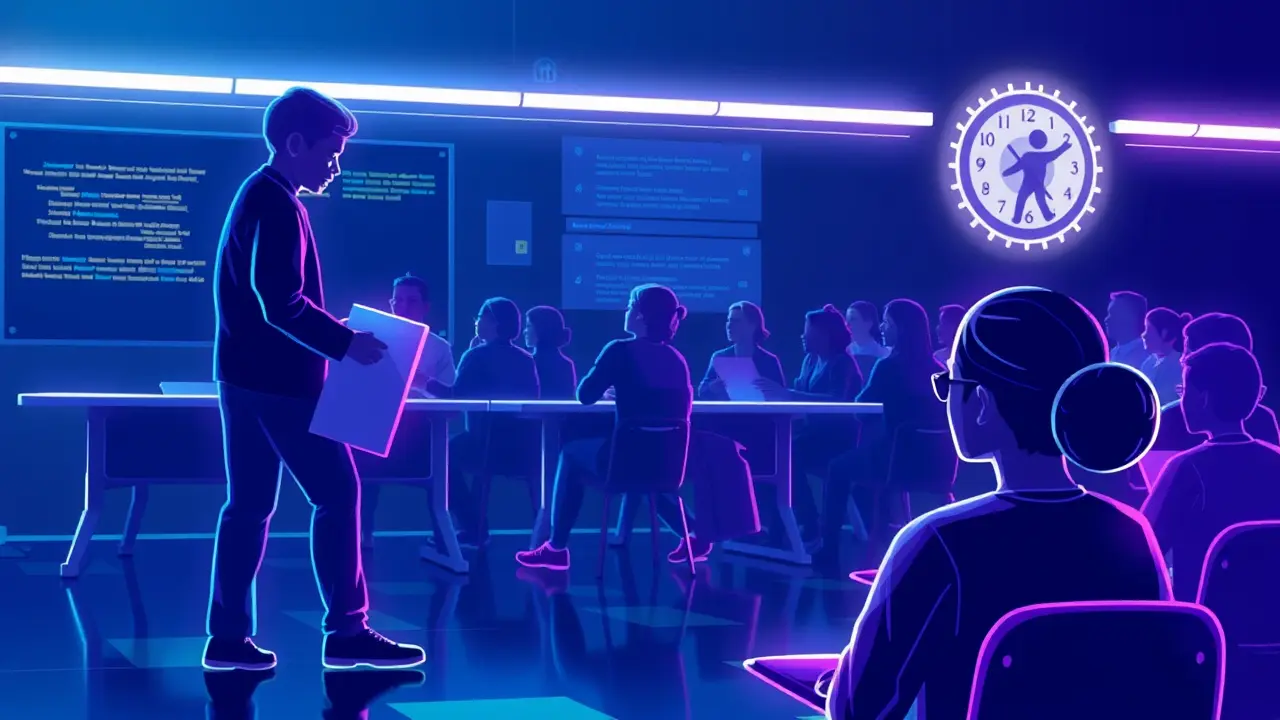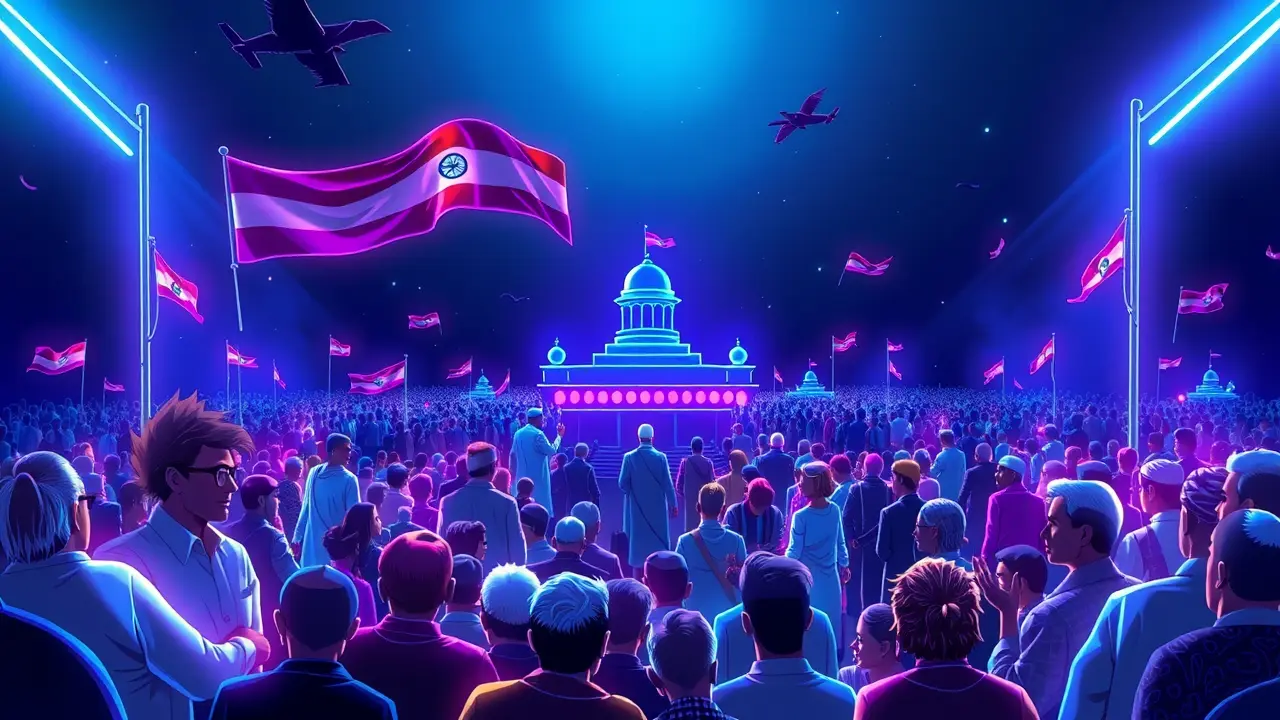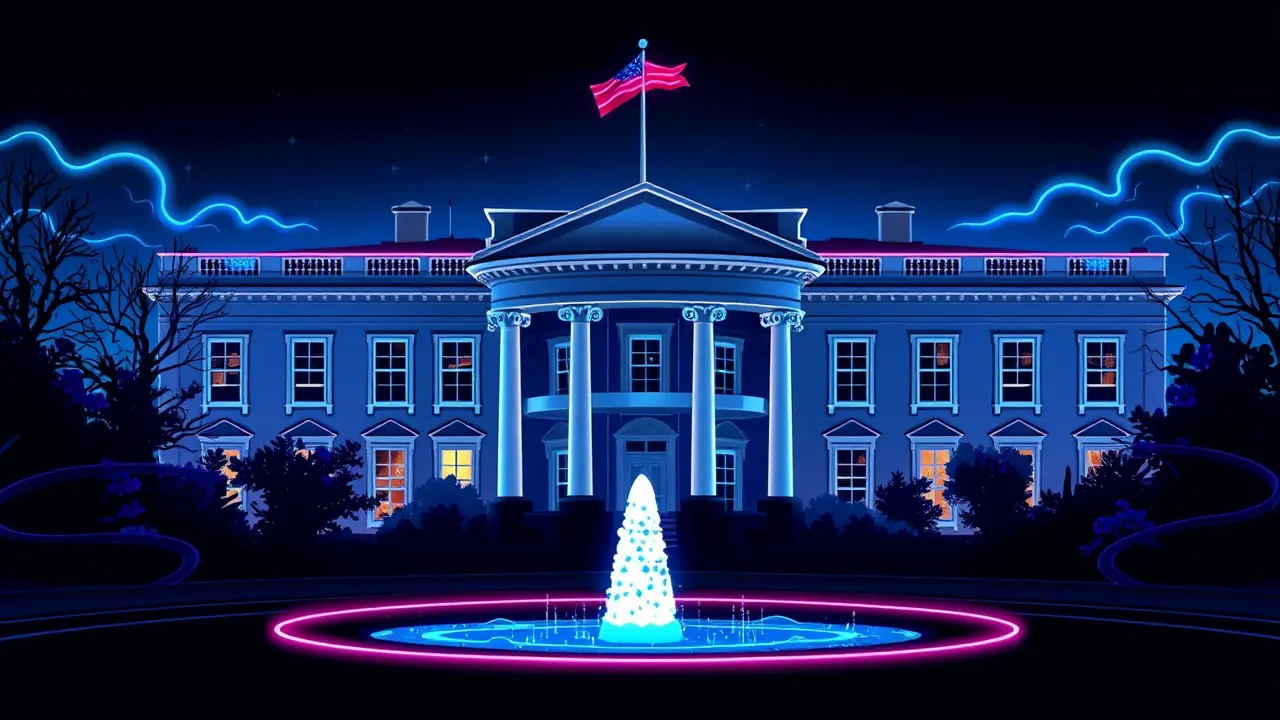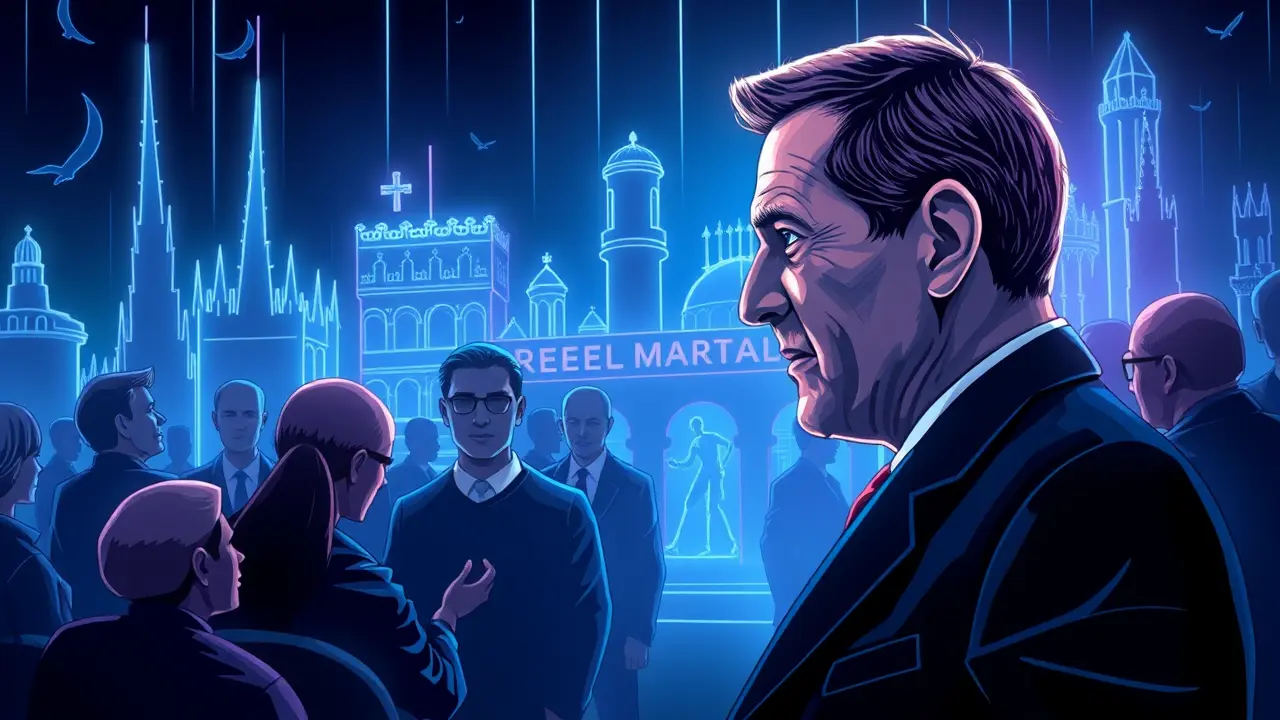
Politicscourts & investigations
Government Halts Civil Rights Defense in Education
AN
Anna Wright
4 days ago7 min read
The Department of Education’s quiet but seismic retreat from its traditional role as a litigator for civil rights in our nation's schools is not merely a policy shift; it is a profound moral abdication that sends a chilling message to parents and children who rely on the federal government as a final guardian against discrimination. We are witnessing a deliberate unraveling, a calculated return to a pre-1964 landscape where the burden of justice fell disproportionately on the shoulders of those already marginalized, forcing families to navigate a labyrinthine legal system without the powerful ally of the federal government.This strategic abandonment echoes the very conditions that necessitated the Civil Rights Act itself—a time when 'separate but equal' was a corrosive legal fiction and the dream of an equitable education was a daily battle fought in hostile courtrooms and protest-lined streets. To understand the gravity of this moment, one must look beyond the bureaucratic language and see the human cost: the Black student in a underfunded district seeing her complaint about dilapidated textbooks languish, the Latino family facing a language barrier unable to challenge discriminatory disciplinary practices, the LGBTQ+ student confronting harassment with nowhere to turn for federal intervention.The Department’s litigation arm was never just a legal tool; it was a symbol of a national commitment, a promise etched into law that the full weight of the United States would stand behind the principle that a child’s race, gender, or disability should never be a barrier to their potential. By sheathing this sword, the current administration isn't just changing a legal tactic; it is redefining the government's relationship to its most vulnerable citizens, effectively telling them they are on their own.This move did not occur in a vacuum. It is the culmination of a decades-long ideological project to dismantle the administrative state's power to enforce social equity, a project that views federal oversight not as a protector but as an oppressor.The consequences will ripple through generations, potentially resegregating schools through economic zoning and discriminatory admission practices that go unchecked, widening the already cavernous achievement gap, and eroding the very notion of a common, public good. Expert voices in educational law and civil rights history are sounding the alarm, drawing parallels to the massive resistance campaigns of the 1950s and 60s, where state and local governments actively defied federal mandates for integration.Without the credible threat of a federal lawsuit, what incentive do recalcitrant school districts have to comply with the law? The answer is terrifyingly simple: very little. This is a story about power, and who wields it.It is about shifting the balance from a collective, national responsibility for civil rights back to a fragmented, individual struggle. For the parents now thrust into this new-old reality, the clock hasn't just been turned back; the road to justice has been deliberately made longer, harder, and lonelier, forcing them to fight the battles their grandparents thought they had won.
#editorial picks news
#civil rights
#Department of Education
#litigation
#1964 Civil Rights Act
#government policy
#education policy
Stay Informed. Act Smarter.
Get weekly highlights, major headlines, and expert insights — then put your knowledge to work in our live prediction markets.
Related News
© 2025 Outpoll Service LTD. All rights reserved.








